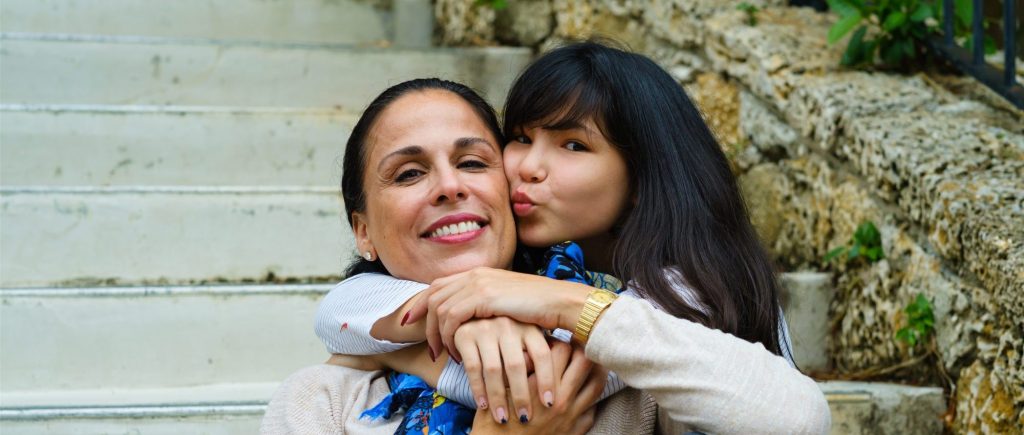Adoption Issues

ADOPTEES
Adoption is a lifelong process that can be complicated by genealogical bewilderment and grief. Adoptees may struggle with feelings of anxiety, abandonment, and confusion that continues and changes throughout their lifespan. Some individuals adopted from foster care may struggle due to instability or with transitioning into a new family. Transracial and international adopted individuals can face racism and or feel ashamed of their country of origin, and those adopted through foster care may struggle due to instability, transitioning into a new family, confusion related to their longing for their biological family, and embarrassment about their genesis. Most adoptees, no matter where they came from often struggle with feelings of otherness and identity confusion.
Our therapists can help adoptees:
- Process and normalize grief and loss associated with adoption.
- Develop strategies to deal with feelings of anger or depression.
- Make decisions about whether to, or not to, connect with your biological family.
- Cope with reconnections with biological family and reactions from adoptive family members.
- Deal with feelings and questions about the biological family.
- Learn how to talk to your parents about adoption.
- Gain an understanding of complicated identity issues that impact adoptees across the lifespan.
You are not in this alone, please contact us so we can help you navigate this process together.
BIRTH PARENTS
Relinquishing parental rights and giving up your child is a devastating decision that can last throughout the birth parent’s lifespan. Birth parents can struggle with depression following placement or be triggered by a reunion with their relinquished child. Today, access to Original Birth Certificate (OBC) in NJ, PA, and other states, along with access to DNA services and social media, adoptees and biological family members often link to each other before essential issues and goals have been worked through.
Our therapists can help birth parents:
- Manage their expectations or goals related to reunion or reconnection with their biological child.
- Cope with triggering events that occur including your child’s birthday, Mother’s Day, and other family holidays.
- Deal with depression and anxiety associated with the loss of your child.
- Negotiating the roller coaster reunion ride when you are reconnected with your child, including negotiating complicated adoptive family systems.
Infertility is a devastating medical disease or condition that includes many diagnoses such as endometriosis or PCOS. Infertility is typically diagnosed six months to a year after natural attempts to get pregnant are not successful. Sadly, we know that infertility diagnoses are increasing, with 1 out of every 8 couples diagnosed each year. Moreover, research shows 30% male factor, 30% female factor and 40% causes unknown, which makes dealing with diagnosis extremely frustrating. Exceptional Wellness Counseling understands that infertility is more than a medical condition. Both men and women can struggle with depression, anxiety, and grief when IVF cycles fail. Decisions about services such as pre-implantation genetic testing (PGD), frozen eggs or embryos storage, donor embryos, donor sperm, or using a surrogate can be traumatic and often test the limits of people’s ability to cope and can put pressure on marriages and partners who feel inadequate or helpless. Our therapists know that emotional wellness and support is essential during this stressful time that can include uncertainty and fear before, during and after infertility treatment.
Our therapists can help you with:
- Grief and loss associated with cycle failure
- Coping with anxiety and depression that are normal parts of dealing with medication side effects, and rigors of each IVF treatment cycle
- Support you as you make difficult decisions about advanced options including PGD, ICSI or gender sorting.
- Managing your emotions as you make decisions related to egg or embryo freezing or using donor egg or embryo.
- Processing conflict when one person is ready to stop treatment and move forward with another family building option and one wants to keep trying
- Disclosing and discussing the origin story with your child if donor material was used to conceive.
Our therapists are here to help you cope with these feelings, make decisions, and improve your quality of life.
Young Adults
Schedule a Complimentary 15 Minute Phone Consultation
You can also schedule by:
Phone: (908) 415-2042
